When it comes to transporting large, heavy, or awkwardly shaped materials, flatbed trailers are an invaluable asset. Their open design allows for easy loading and unloading, accommodating various cargo types from construction materials to vehicles. Understanding the costs associated with renting a flatbed trailer can help you make informed decisions tailored to your specific needs.
1. What is a Flatbed Trailer?
Flatbed trailers are designed with a flat, level platform without sides or a roof. They come in various sizes, typically ranging from 20 to 53 feet in length. Their versatility makes them suitable for a wide range of applications, including:
- Construction: Transporting building materials such as lumber, concrete blocks, and steel beams.
- Agriculture: Carrying farm equipment, hay bales, and livestock.
- Transporting Vehicles: Ideal for moving cars, trucks, and machinery.
Table 1: Common Sizes of Flatbed Trailers
| Trailer Size | Payload Capacity | Typical Uses |
|---|---|---|
| 20 feet | Up to 10,000 lbs | Smaller construction projects |
| 40 feet | Up to 20,000 lbs | Heavy machinery and construction materials |
| 53 feet | Up to 26,000 lbs | Large-scale operations and multiple vehicles |

2. Average Costs to Rent a Flatbed Trailer
The costs of renting a flatbed trailer can vary greatly based on several factors. On average, you can expect to pay anywhere from $100 to $300 per day, depending on the size, rental duration, and geographic location.
Factors Impacting Rental Cost
- Rental Duration: Daily rates can decrease for weekly or monthly rentals.
- Geographic Location: Costs can vary significantly from one region to another due to demand and availability.
- Size and Type of Trailer: Longer and heavy-duty trailers command higher rental rates.
- Insurance and Additional Fees: Always check for extra charges for insurance, maintenance, or damage protection.
Table 2: Cost Breakdown of Renting a Flatbed Trailer
| Rental Duration | Average Cost | Additional Fees |
|---|---|---|
| Daily | $100 – $300 | Insurance: $15/day |
| Weekly | $600 – $1,800 | Maintenance: Variable |
| Monthly | $2,400 – $5,000 | Damage Protection: $20/day |
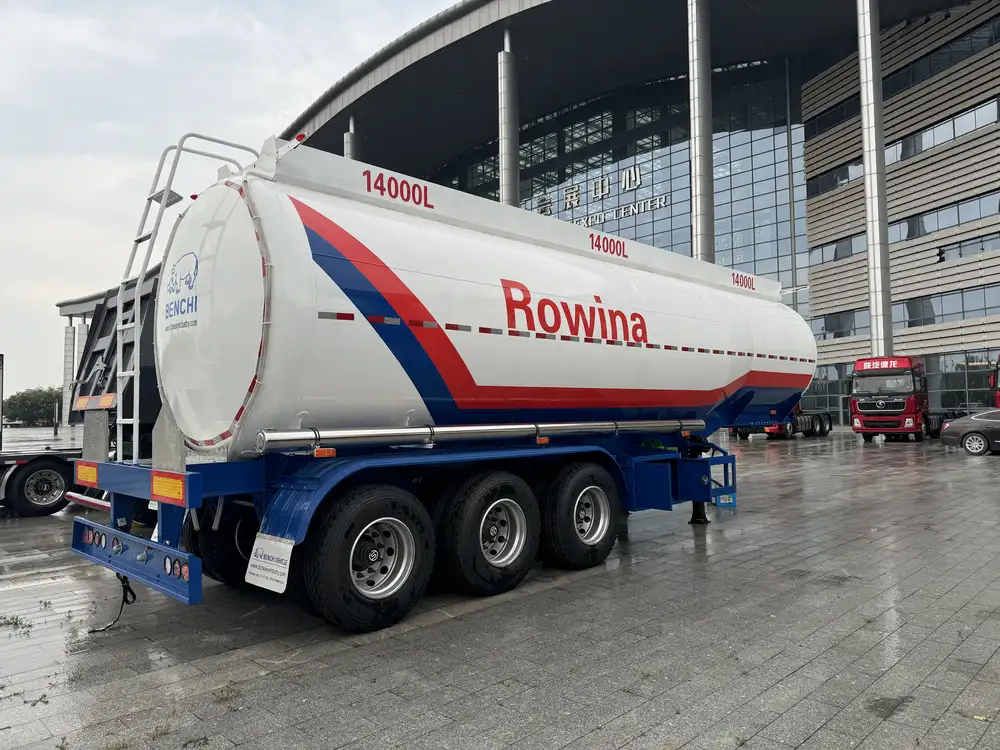
3. Hidden Costs to Consider When Renting a Flatbed Trailer
While the base price is important, potential renters must be aware of hidden costs that could inflate the overall rental price.
3.1. Insurance Costs
Most rental companies require renters to carry insurance. This could either be through your personal auto insurance or an additional insurance policy offered by the rental company itself.
3.2. Maintenance Fees
Depending on the rental terms, maintenance fees might apply, especially for wear and tear during the rental period.
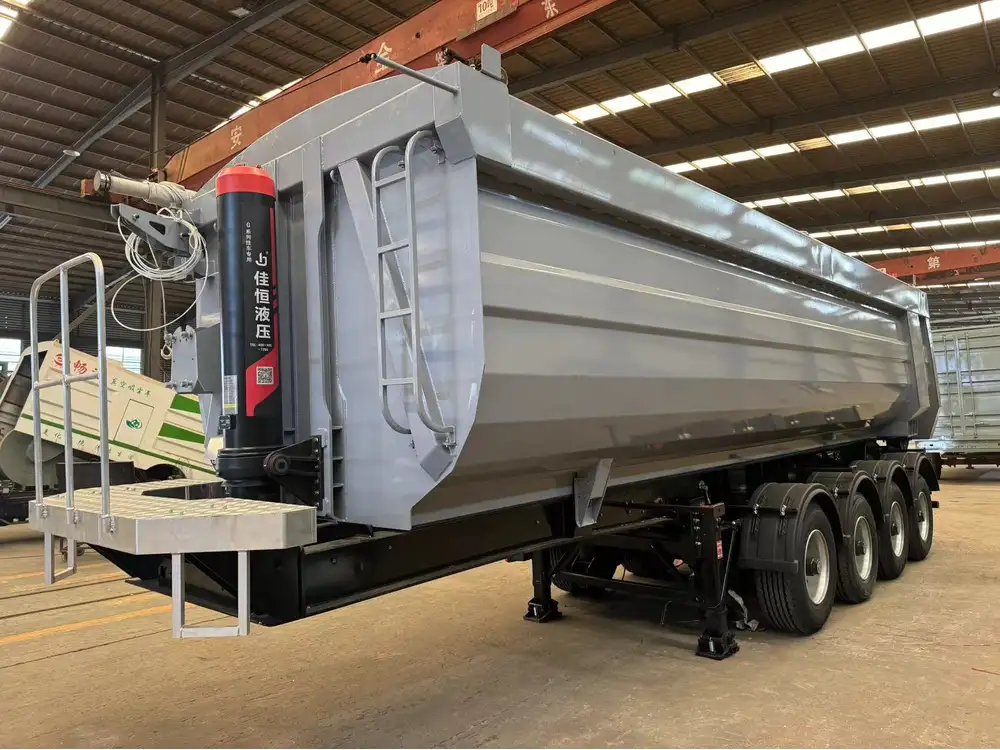
3.3. Late Return and Mileage Fees
Returning the trailer late could incur steep penalties. Additionally, certain rental agreements may impose mileage fees for exceeding specified limits.
3.4. Fuel Costs
Renting a flatbed trailer typically means you’ll also need to consider fuel. If the trailer will be used to transport significant weight over long distances, fuel expenses can quickly add up.
4. How to Choose the Right Flatbed Trailer for Your Needs
When it comes to selecting the appropriate flatbed trailer, several factors must be taken into account.

4.1. Assess Your Cargo
Understanding your cargo specifications (size, weight, and type) is vital in choosing the right trailer. Make sure to balance load capacity with the type and weight distribution of your loads.
4.2. Determine Trailer Size
Selecting a size too small can lead to overloading, while too large may result in excessive rental costs. Assessing your needs is crucial for determining the right fit.
4.3. Consider Loading and Unloading Requirements
Flatbed trailers come in various designs, including those with ramps or loading docks. Consider your loading and unloading processes and select a trailer that simplifies these tasks.
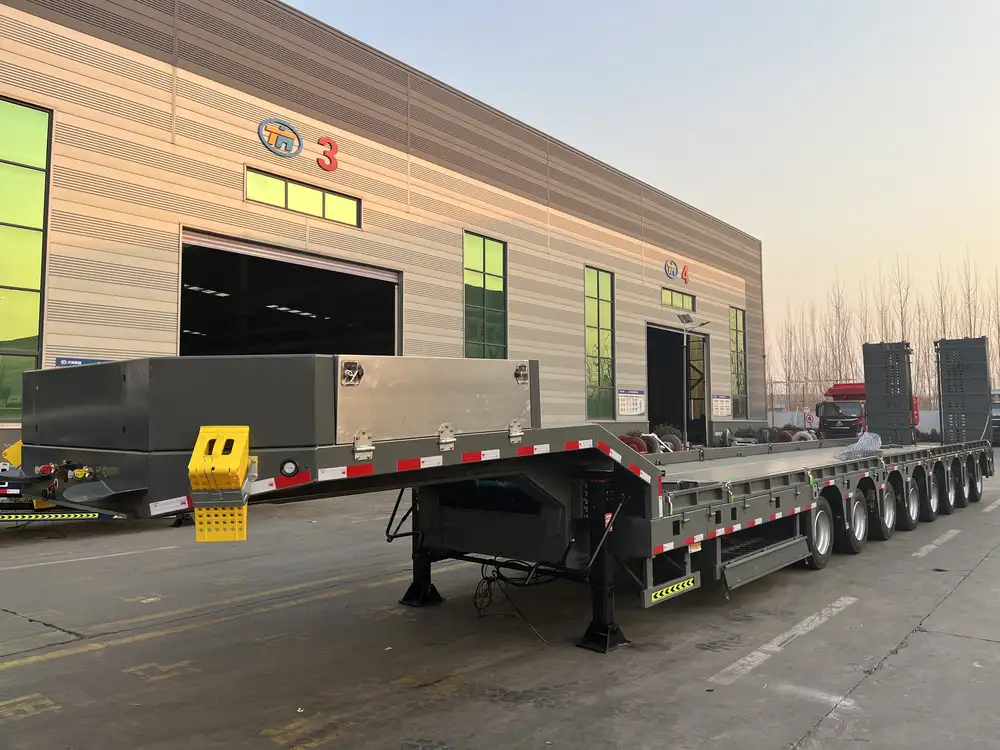
4.4. Understand Local Regulations
Different states and local jurisdictions may have specific regulations concerning trailer size, weight limits, and transport permissions. Research local laws to ensure compliance.
5. Recommendations for Renting a Flatbed Trailer
Renting a flatbed trailer should be approached as a careful process. Here are some recommendations for ensuring a smooth transaction:
5.1. Shop Around
Different rental companies may offer varying rates and terms. Don’t hesitate to compare quotes to ensure you’re getting the best deal.
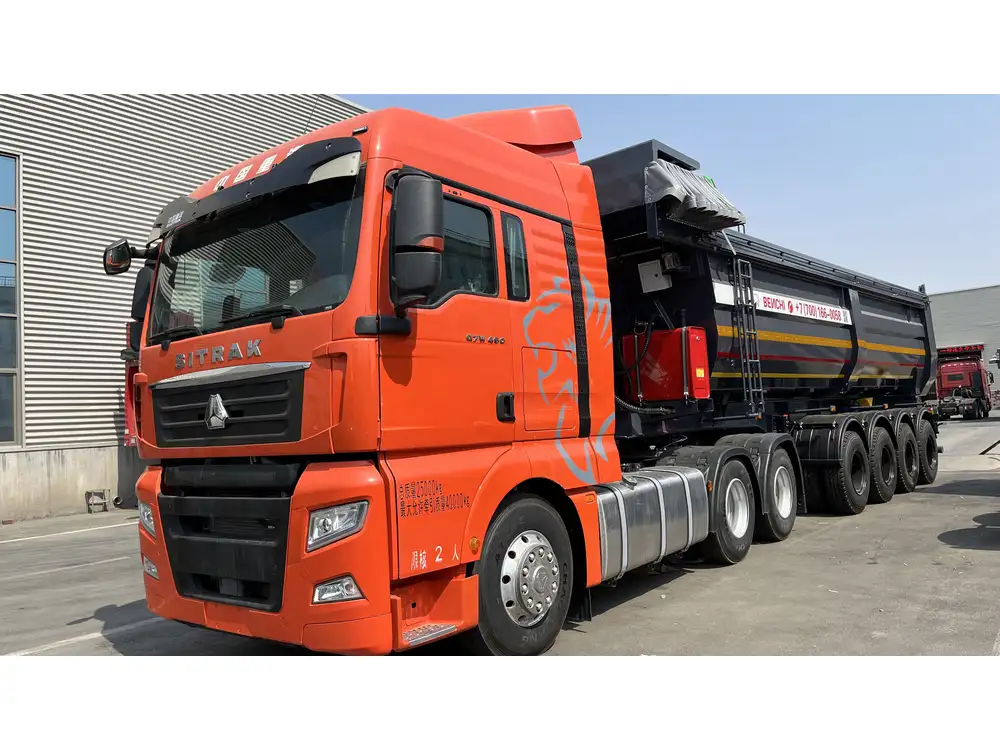
5.2. Read the Rental Agreement Closely
Understanding your obligations and the terms stipulated in the rental agreement will help avoid unforeseen expenses. Look for important clauses regarding damage, insurance, and return policies.
5.3. Inspect the Trailer
Before accepting a trailer, conduct a thorough inspection. Check for any pre-existing damages and ensure everything is in working order.
5.4. Ask Questions
If unsure about any terms or conditions, don’t hesitate to ask the rental company for clarification. Transparency is key in any rental agreement.
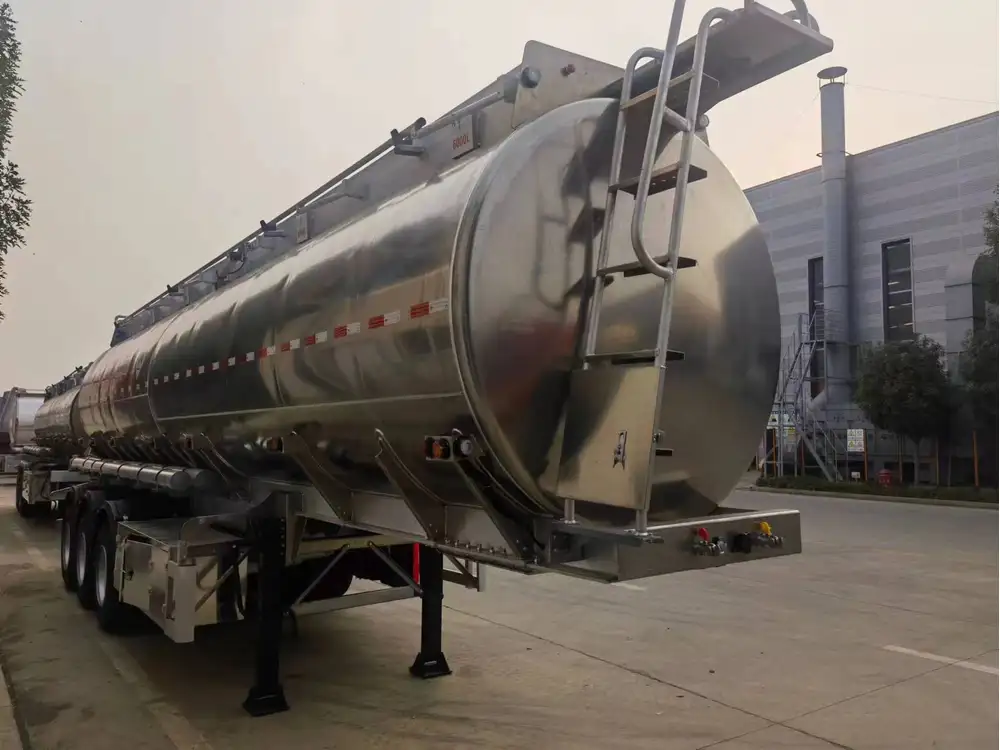
5.5. Plan for Virgin Return
Be proactive about the timeline and logistics related to returning the trailer. Avoid penalties by returning the trailer on time and in good condition.
6. Alternative Options to Renting a Flatbed Trailer
If renting isn’t suitable for your needs, consider alternatives such as:
- Leasing: A long-term option that allows you to use a trailer without the upfront cost of buying it outright.
- Purchasing: If you frequently need a flatbed trailer, investing in your own might be more cost-effective in the long run.
- Peer-to-Peer Rentals: Consider platforms that connect trailer owners with renters, often at competitive rates.
7. Frequently Asked Questions (FAQs)
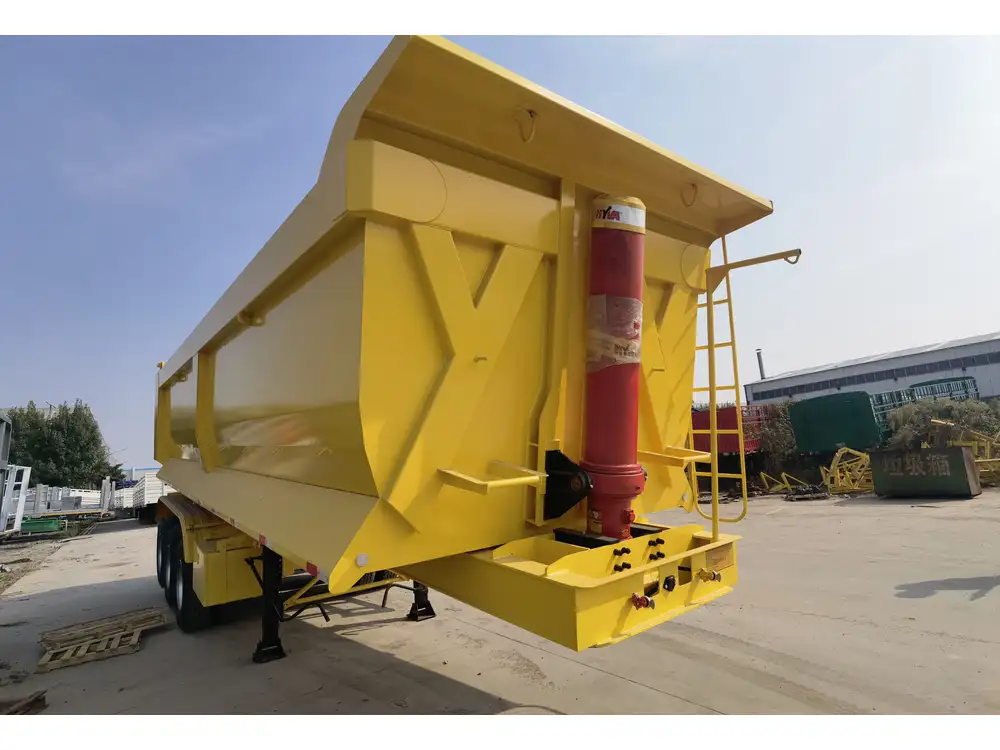
7.1. What is the maximum weight a flatbed trailer can haul?
The maximum weight for flatbed trailers varies, commonly ranging from 10,000 lbs to 26,000 lbs depending on the design and size of the trailer.
7.2. Do I need a special driver’s license to rent a flatbed trailer?
Typically, a standard driver’s license suffices for operating a flatbed trailer. However, requirements may vary by state, so check local regulations.
7.3. How do I ensure my load is secure?
Utilize straps, chains, and tarps to secure your load effectively. Following industry-standard practices for load security is essential for safe transport.
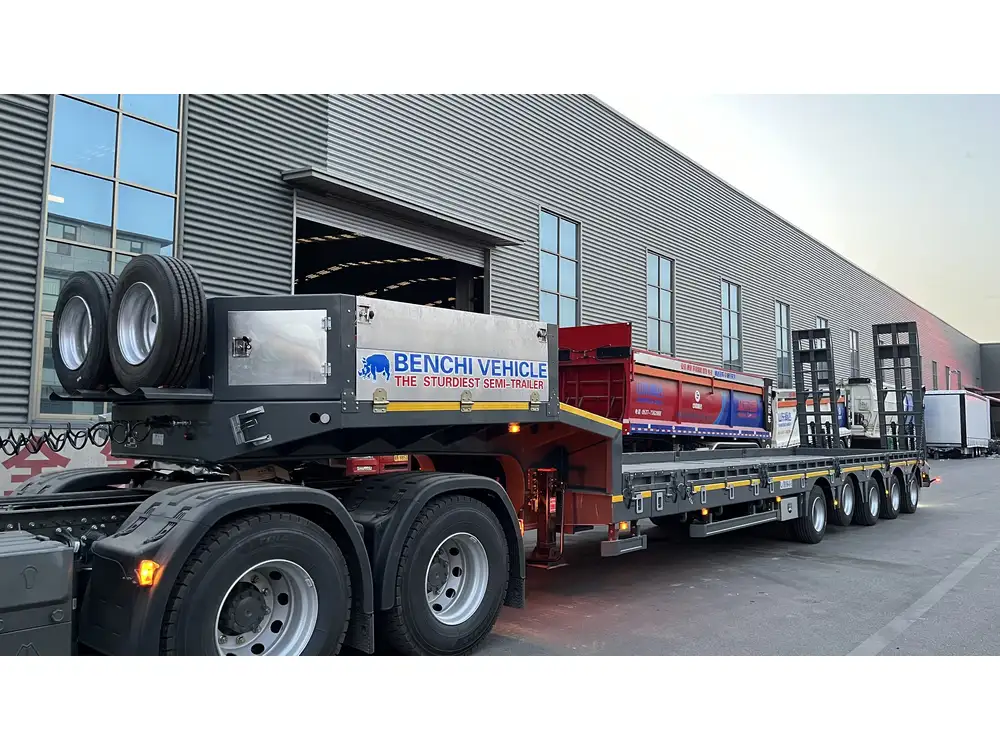
7.4. Can I tow a flatbed trailer with any vehicle?
Not all vehicles have the capacity to tow flatbed trailers. Consult the towing capacity of your vehicle and ensure it meets the weight requirements of the trailer and load.
7.5. What documentation do I need to rent a flatbed trailer?
Most rental companies will require a valid driver’s license, proof of insurance, and possibly a credit card for deposit and payments.
8. Conclusion
Renting a flatbed trailer can be a straightforward process when equipped with the right knowledge and preparation. By understanding the costs, hidden fees, and best practices for selection and rental, you can ensure that your trailer rental experience is not only efficient but also cost-effective. Whether you need one for a day, a week, or longer, being informed will help streamline your logistics and allow you to focus on the job at hand.
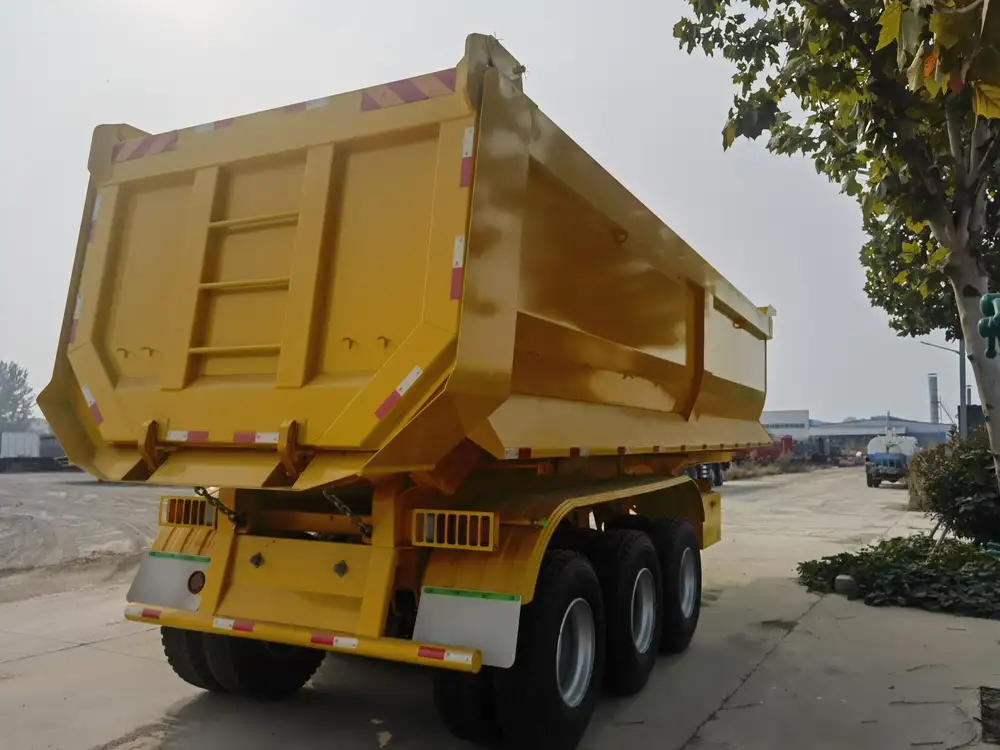
Quick Reference Checklist for Renting a Flatbed Trailer
- Assess cargo specifications: size, weight, and type.
- Determine the appropriate trailer size.
- Read the rental agreement carefully.
- Compare quotes from different rental companies.
- Conduct a thorough inspection before acceptance.
- Secure your load properly before transport.
- Return the trailer on time to avoid penalties.
By keeping these considerations in mind, you stand to benefit greatly from a flatbed trailer rental, conducting your business operations with ease and precision.



